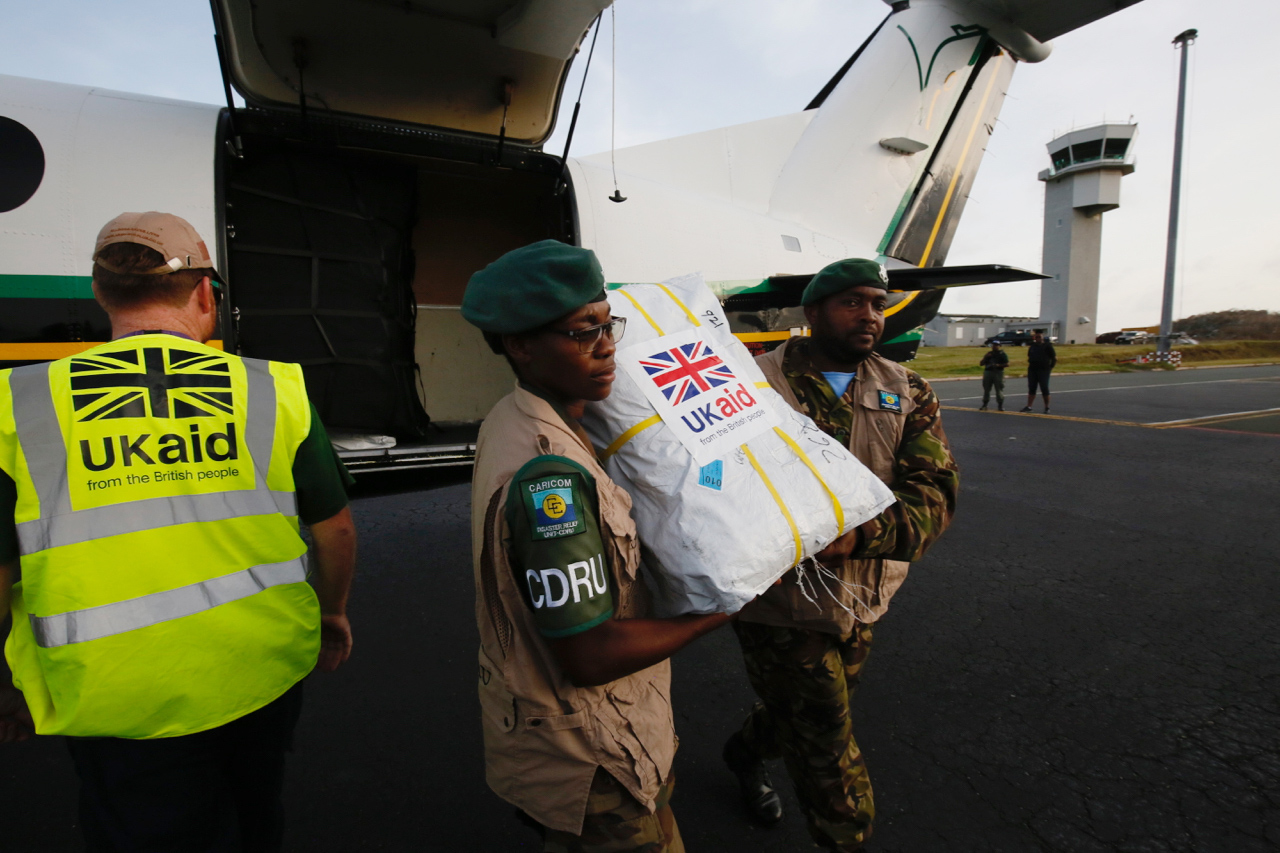Recommended
In our recent paper on UK ODA-financed research and development, we discussed some of the issues with the current funding allocation model for R&D including around transparency and the fact that it was largely (de facto) “tied” to UK institutions. In a new paper we examine different types of research and where and how it makes sense to fund them. An important component is the advantage that local leadership brings to location-specific research. The two papers suggest the need for considerable reform of the current UK model. UK ODA-backed R&D financing needs a far stronger set of rules and approaches to ensure that it maximizes development impact.
Efficiency should be considered when choosing the location of research
First, research will have its biggest impact if it is done where the expertise, cost, and capability mean it can be most efficiently carried out. That may be in the UK, or it may not. The fact that there are spillover benefits of research is not contested and is well documented, and recognised by the Department for Business, Energy and Industrial Strategy (BEIS). This suggests that if research is carried out by institutions in developing countries, the benefits of building capacity, creating jobs, and the dissemination of research outcomes, is likely to lead to much larger development benefits than if the research were carried out in the UK. This should then make the argument against tied aid in R&D even stronger than the argument against tied aid in general.
The UK government is committed not to “tie” aid, a position reiterated across departments in 2019. But while perhaps not in strict contravention of this commitment, language like “awards will normally be made to a UK research organization” in (some) calls for research proposals hardly appears designed to attract non-UK bidders—nor does a “quality related” funding mechanism that only applies to UK universities and does so on the basis of an allocation mechanism utterly unrelated to research capacity on development topics. Furthermore, it appears that the overwhelming majority of principle investigators are based in the UK, even if there is language about partnerships in tenders and requests for proposals and some proportion of funding makes its way to developing countries.
BEIS’ “quality related” funding allocations appear in stark contravention of the commitment that aid be “untied.” But more broadly, UK R&D should be “untied” not only de jure but also de facto. Calls for proposals should make clear that bids led by research institutions in other countries are welcome. Across ODA funding mechanisms, UK aid should aim for a benchmark spend—perhaps 50 percent—in developing countries, which should be raised over time. And across mechanisms, UK aid should aim for a benchmark share of developing country principal investigators—perhaps 30 percent—again, a target that should be raised over time.
BEIS and DFID should work with developing country research institutions to provide technical assistance on preparing bids. And far more R&D funding should be spent on supporting local research capacity including:
- embedding researchers with governments to provide technical support and capacity building;
- providing funding to local universities and research institutions to answer policy research requests;
- supporting data collection efforts perhaps in particular through global approaches including satellite data systems.
Impact will be greatest if recipient countries have defined the terms
Secondly, research will have a bigger impact if it prioritises areas that are particularly important to developing countries and likely to be underfunded by a global R&D apparatus focussed on the challenges of wealthier consumers. This includes areas like neglected tropical diseases, the focus of the DFID-backed Ross Fund. But more broadly, leaders and experts from developing countries are likely to have a stronger sense of what topics are particularly important and broadly neglected. At the moment, “Challenge leaders” play a big role in shaping the agenda and designing funding calls under the Global Challenges Research Fund (GCRF). But despite a considerable background and experience in developing countries amongst the nine appointed experts with the role, all are from UK universities. Both in terms of institutional and geographic diversity, this is extremely limited.
We suggest the Secretary of State for International Development creates a commission made up of representatives of developing countries, development and scientific experts to draw up a list of target areas for research: potential innovations that would (i) ameliorate or solve public policy challenges specific to developing countries and (ii) require comparatively small additional research and development steps to bring to market. This could form the basis for both research calls and other mechanisms to encourage research and development. It would also allow for a significant tightening of GCRF calls for research to more specific topics. Potentially some of these calls could be designed by (sub)regional expert committees that are majority composed of representatives from that subregion.
The commission could also propose a range of tools to incentivize research, and, to encourage on-the-ground development impact, more applied research should be stimulated through an increased focus on pull mechanisms. Tools like prizes and advance market commitments are well designed to take technologies from late-stage research into production, which could see more rapid payoff from aid investment in outputs specifically tailored to the challenges of developing countries.
Research is a global public good
Third, research is a global public good, and mechanisms like the Ayrton Fund are designed to finance research partially aimed at the global public good of reducing climate change. Especially for “double GPG” activities such as this, a multilateral approach to funding makes a considerable amount of sense, not least as a tool to leverage support from other countries. One proposal for a multilateral R&D fund proposed by our colleague Scott Morris involves a Research Ventures Fund at the World Bank.
And finally, UK taxpayers and beneficiaries alike have a right to know how aid resources are being spent. For all of the challenges, UK R&D ODA including the new fund should meet International Aid Transparency Initiative standards . Aid is more effective if it is transparent, untied, focused on the most challenging problems of development, uses the most effective mechanisms to confront those challenges, and leverages international cooperation. That’s as true for aid in support of R&D as it is for aid in support of health, education, or infrastructure.
Disclaimer
CGD blog posts reflect the views of the authors, drawing on prior research and experience in their areas of expertise. CGD is a nonpartisan, independent organization and does not take institutional positions.






